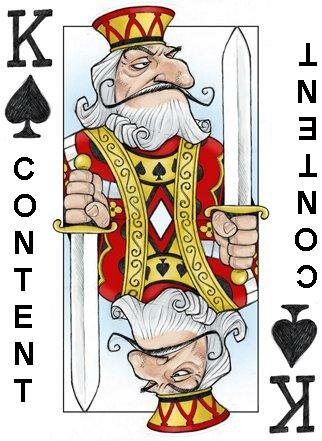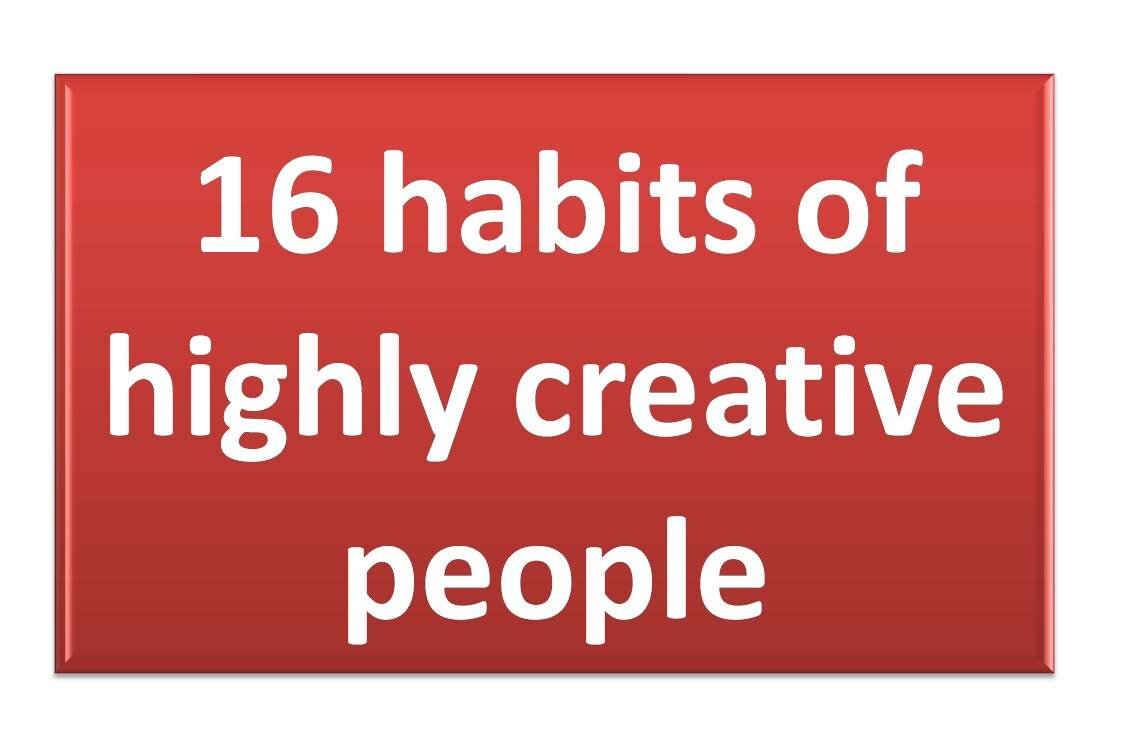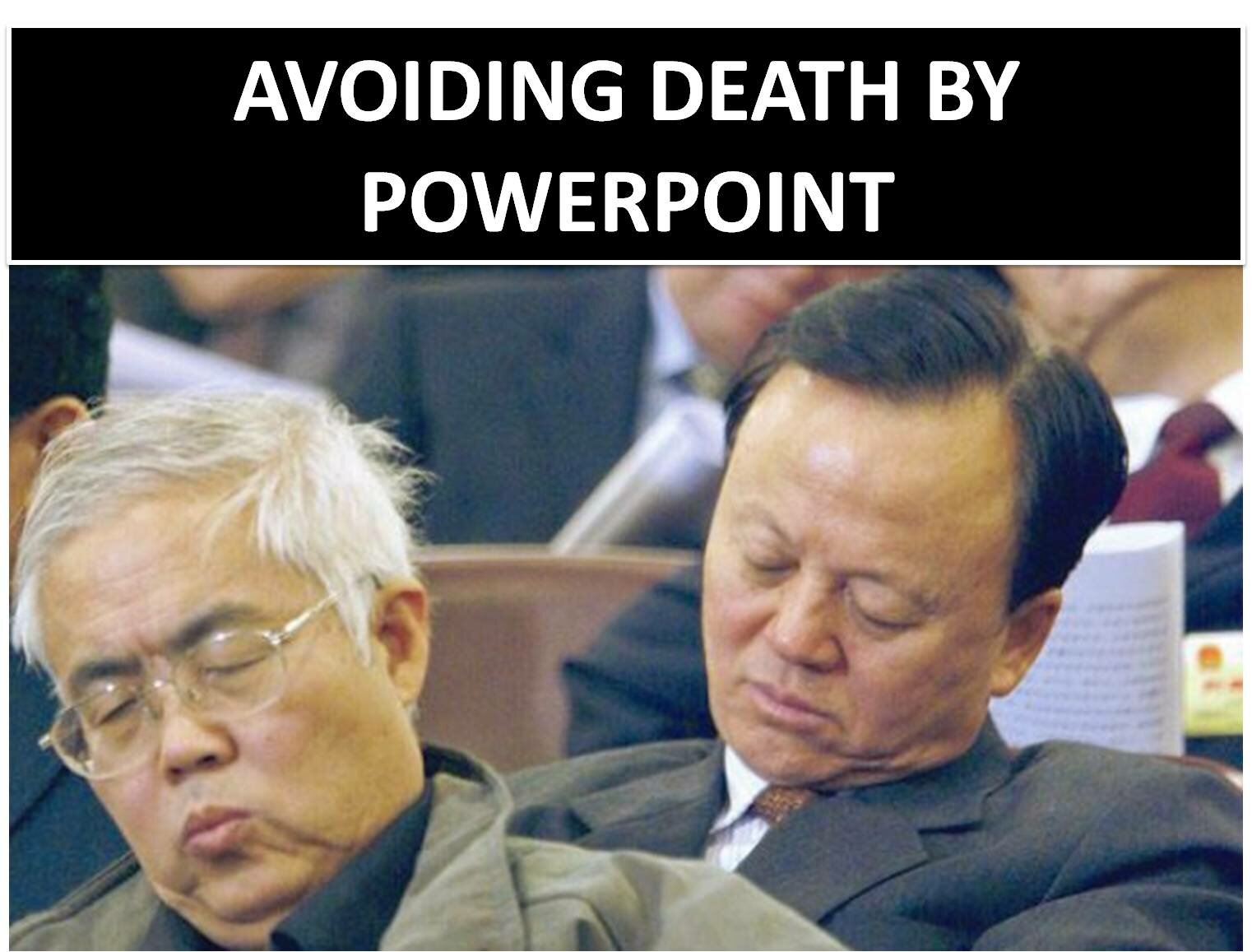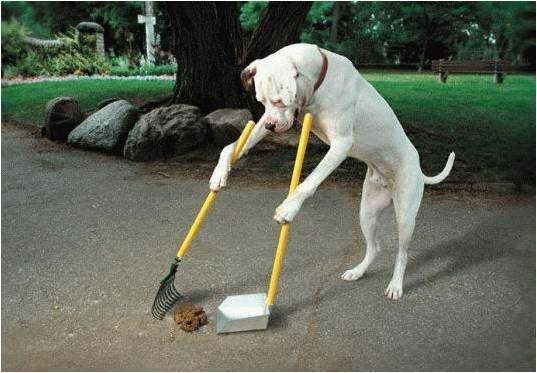Is competition good or bad?
|
|||||||||
Sundararaman Viswanathan | Feb 02, 2009
 Reality shows are in vogue on Indian Television. Any channel that you flip will always have an unknown stranger performing a song or a dance. It was one such evening; my wife and I were watching TV. There was a teenage girl singing her “heart out”.
Reality shows are in vogue on Indian Television. Any channel that you flip will always have an unknown stranger performing a song or a dance. It was one such evening; my wife and I were watching TV. There was a teenage girl singing her “heart out”.
At the end of the contest, the child walked out and gave an interview, justifying her poor performance and blaming it on her sore throat. To set the context, my knowledge of carnatic music no better than my knowledge of the exact location of the Holy Grail. But I can certainly discern the difference between a song and noise, sense and drivel. It was absolute babble! There was no traceable evidence of training in singing/music.
In a related incident, a child got traumatized because of the comments made by the jury of a reality show. I did watch the fateful show and the performance was pathetic.
During one of my trips to the UK in 2005, The Professional Association of Teachers discussed an idea that the label of failure could undermine pupils’ enthusiasm. Liz Beattie, a retired teacher, proposed to delete the word ‘fail’ from the educational vocabulary to be replaced with the concept of ‘deferred success’.
As I pondered over these disparate incidents, one thing stood out clearly. People have become averse to the competitive atmosphere which we live in. They do not want any more winners or losers. They just want to participate, have “fun”, make a decent living and get on with life without having to compete with anybody. Given the kind of competitive person I am, I never bothered to take a different perspective. I always believed that one should deserve to desire and that there is no way to “succeed” in life without defeating someone or some system. I admired the then education secretary Ruth Kelly when he rejected the proposal to replace the word “fail” with “deferred success” and said, “I think I might give them nought (0) out of 10 for this proposal.”
However the rethink instinct did kick in…
The culture of competition, winning and losing, victory and defeat has been propagated since centuries. What was primarily reserved for the historically competitive North American/western culture has come to stay and has influenced cultures which otherwise have always depicted a co-operative means of achieving goals, prosperity and happiness.
I read an article titled “The Case against Competition” by Alfie Kohn. The author notes, Americans typically recognize only two legitimate positions: enthusiastic support and qualified support. The first view holds that competition builds character and produces excellence. The second stance admits that our society has gotten carried away with the need to be Number One that we push too hard and too fast to become winners – but insists on a “healthy competition” and argues that both are wrong. He opens out a third front which says “co-operation” and “mutually exclusive goals alignment” yields better results than a competitive environment.
If you come to think of it, in India, especially in spite of our population and the competition we have had to contend with, we were taught to co-operate, let go, take turns in winning, give and take and still to “succeed”. As children we were asked to give up and cooperate in a game for the visiting relative kids. Those experiences did not leave a bad taste; instead we all had great fun. We were asked to give unconditional love to all our relatives no matter what. Earlier to English education, there was no sense of competition amongst kids and no comparisons were made. Each kid was unique and praised for whatever they did and respected for who they were. Take the example of the Pandavas in the Mahabharat or the brotherhood in Ramayan. There was never a comparison made, each kid was respected for the unique skill he brought on to the table. These great epics are testimony to our culture or cooperation and not comparative competition.
The following quote by George Washington Carver also struck me hard: “How far you go in life depends on you being tender with the young, compassionate with the aged, sympathetic with the striving and tolerant of the weak and the strong. Because someday in life you will have been all of these…”
Does that mean we do not compete at all?
Well, the answer is both yes and no. Yes, we should not compete with others, but we should with ourselves. Great paintings, compositions, books, inventions were not made by competing with others. Each one of the greatest luminaries achieved glory by competing with themselves and their last achievement but cooperating with other contemporaries. The stories of their rivalries are part of the folklore to create an enthusiasm amongst the next generation, just like the rivalries created between say Brian Lara and Sachin Tendulkar.
When I think back, the child’s poor performance in the reality show was never an issue to me. What bothered me the most was the justification and self exoneration!
First of all, I blame the parents for letting their kids compete with others without adequate training. Secondly, for vindicating them for the disqualification using lame excuses. For the parents, probably during their days, pushing themselves hard did not earn the desired psychological or materialistic result. But that shouldn’t be the reason to tolerate their children for not pushing themselves harder or allowing them to cover up their lackadaisical performance and worse permitting the children to settle for mediocrity.
Do encourage the kids to compete with others, but arm them adequately so that they do not get hurt. Enable them to perform better than they did last time and not compare with another kid, never give conditional love. Teach them to cooperate.
This theory of cooperation by Alfie Kohn could change the way people, societies, countries and humanity interact. The competitive culture if replaced by a co-operative culture will definitely be a sustainable model to extend our stay on this planet as humans.
–
Sundararaman Viswanathan is engineer by qualification, manager by profession, aspiring writer and a wannabe entrepreneur at heart. He currently works as a Transition Manager, with vast experience in managing the support of mission critical IT systems.
Filed Under: Miscellaneous
|
|||||||||



















Beautiful Article and Splendid quotes. Great work.